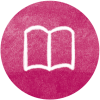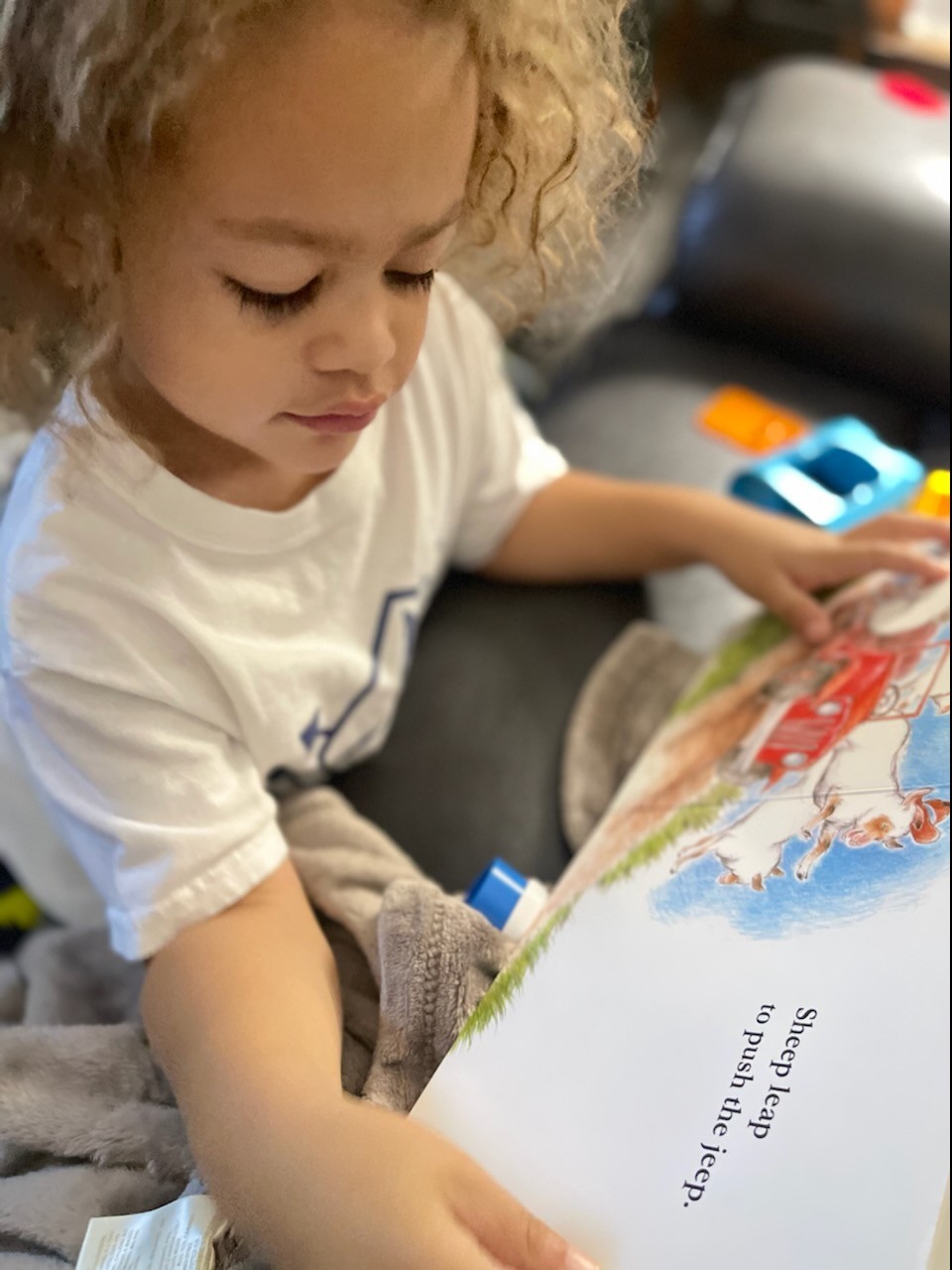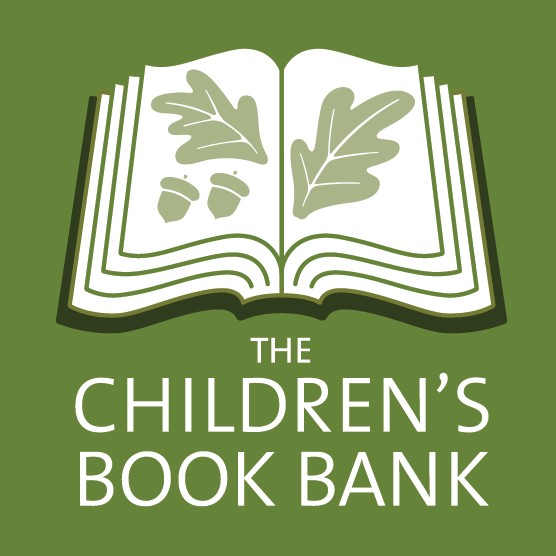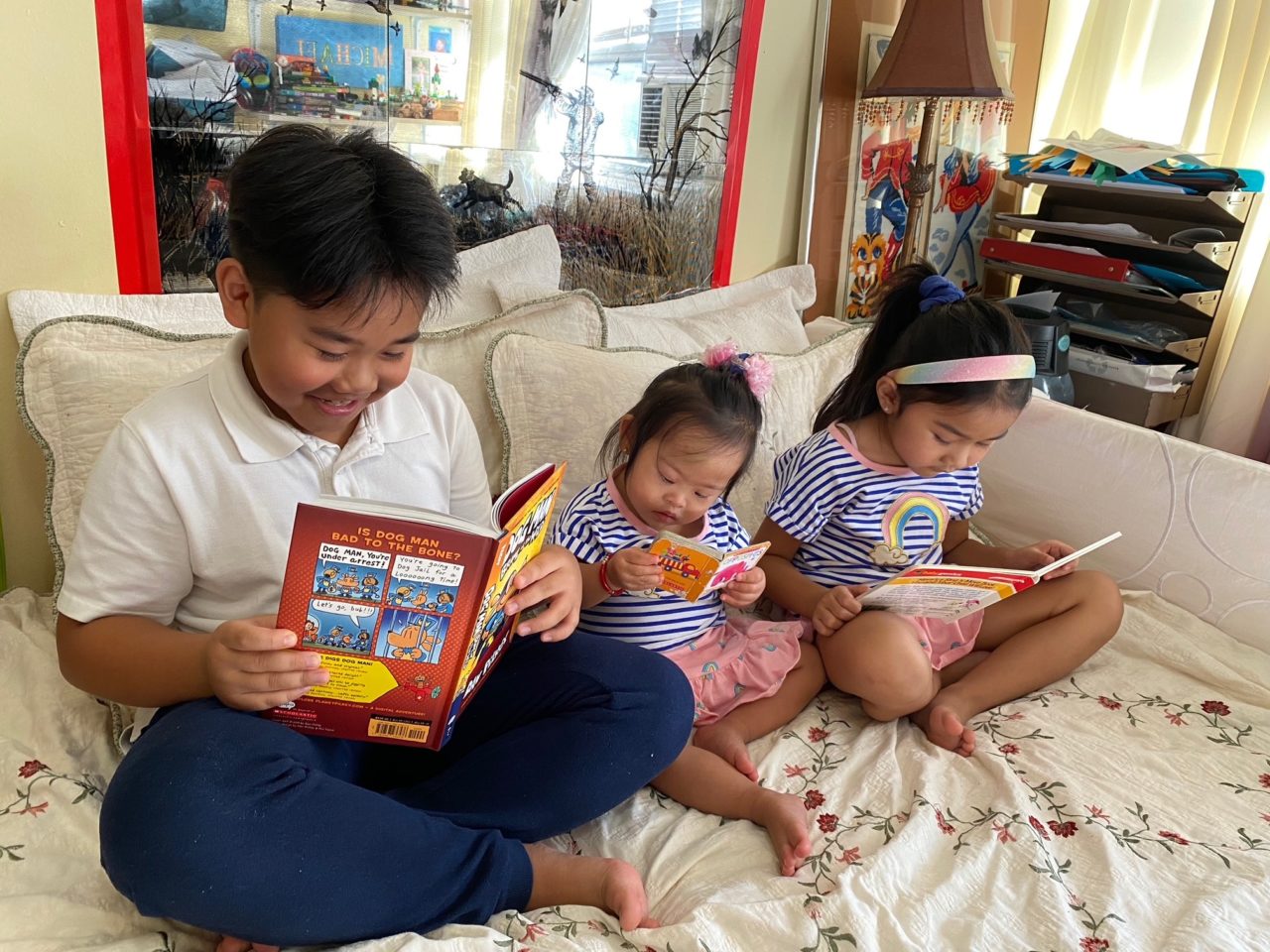 Change a child's life, one book at a time
Change a child's life, one book at a time
Literacy and poverty alleviation in Toronto
When Lori was seven years old, her mother took her to the bookstore every weekend. Often, she would choose a book, and by the time she and her mother had arrived home, she had finished it. With a heavy sigh, her mother would get back in the car to head back to the bookstore, one more time. Lori now works at The Children's Book Bank, providing books to children in high-needs neighbourhoods in Toronto. But if her mother hadn't had the resources to get her a new book (or two) every weekend, where would she be? Child poverty in Toronto is a pervasive issue, as are low literacy rates in high-needs neighbourhoods. Families simply don't have the financial capacity to give their children access to the books they truly love, nor the academic support they truly need. The Children’s Book Bank provides free books and literacy support to children who need it the most, for free, in order to improve their lives and break cycles of generational poverty. One book at a time.
Necessity
Books for children in high-needs neighbourhoods in Toronto
Activity
The Children's Book Bank provides free books across the city of Toronto.
Countable effort
5,000 more books in the hands of children living in poverty in Toronto
Result
Improved socioeconomic outcomes for children in high-needs neighbourhoods across Toronto
Systemic effect
Improved literacy rates, literacy engagement, and mental well-being for 5,000 more children
Background
1 in 4 children lives in poverty in Toronto, totalling 125,000 children under the age of 15. Poverty is systemic, with people of colour, immigrants, female lone-parent families, and people with disabilities suffering the most (City of Toronto, 2018). In our hub of Regent Park, over 60% of children live in poverty, over 70% identify as racialized, and nearly half are learning English as a second or third language (TCCLD, 2010). Poverty and low literacy rates are directly connected. According to a study by Frontier College, "children in families with financial worries may be at greater risk of learning and behaviour problems that limit their educational success, which can lead, in turn, to behaviours in adolescence that limit employment, income, and health in adulthood" (Frontier College, 2017). Book ownership, rather than book borrowing, is directly related to improved literacy rates, literacy engagement, and mental well-being. According to the National Literacy Trust, "Those who say that they have books of their own at home are more likely to enjoy reading, more likely to see themselves as good readers, more likely to read in their free time and more likely to think positively about reading than those who report that they don’t have a book of their own. Having books of one’s own is linked to reading skills, with those who have their own book scoring higher on a standardised reading test than those who don’t have a book of their own” (NRT, 2018).
The good deed
The Children’s Book Bank's “Books Across the City” program provides books to literacy partners in low-income areas across the city. Partners include schools, daycares, literacy and parenting centres, community centres, food banks, shelters, and hospitals. With the help of 24 GOOD DEEDS, our goal is to give away 5,000 more books than we did last year through this program (from 84,000 to 89,000). Giving a free book to a child is a small act, but it has a tremendous impact. Children who choose their own books enjoy reading more; children who enjoy reading have improved academic outcomes; those who do well in school, stay in school for longer; and the higher the education level, the more employment opportunities become available. By providing essential literacy resources to those who cannot afford them, the Children’s Book Bank is improving the lives of children in high-needs neighbourhoods in Toronto, both short- and long-term.

About Toronto, Ontario, Canada
Toronto
Capital of Ontario
The Greater Toronto Area population (2021)
6,202,225
Per capita GDP in Ontario (2019)
61,315 CA$
HDI Canada 0.929
placed right below New Zealand
and next above the USA
Toronto identifies as a multicultural city. Half the population are immigrants, and half the population identify as belonging to a racialized group. Toronto's motto is "Diversity, our strength."
About the organization and further information

Website
https://www.childrensbookbank.com
Further information and source
- • Toronto City Council, 2018. 2018 Poverty Reduction. City of Toronto website, Toronto, ON
- • Ibrahim, Sureya, 2010. Regent Park: Community Resource and Needs Assessment. Toronto Centre of Learning and Development, Toronto, ON
- • Frontier College, 2017. National Forum on Literacy and Poverty. Frontier College website, Toronto, ON
- • Clark, Christina, and Irene Picton, 2018. Book ownership, literacy engagement and mental wellbeing Findings from our annual literacy survey 2017/18. National Literacy Trust, London, UK




